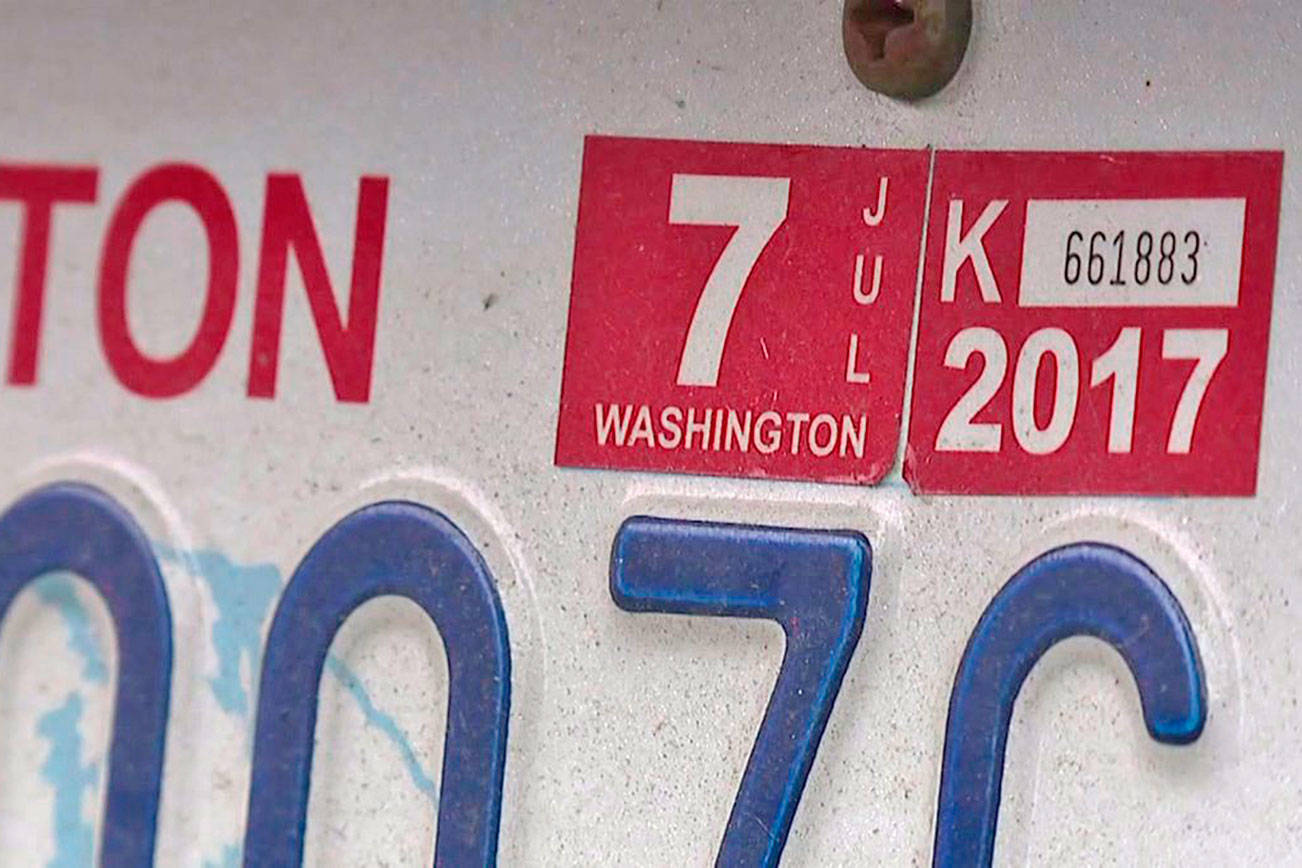It’s not dead yet.
But-at-a-soon-to-be-and-as-yet-unscheduled meeting of the same Transportation Benefit District that approved the measure late last year, the proposed $20 car tab fee will almost certainly be dropped.
“We’re ready to bring this to closure,” car tab fee opponent and Deputy Mayor Largo Wales announced at Monday’s regular council meeting, of eight months of meetings and discussions. … “We do not feel it’s necessary at this time for a $20 car tab fee.”
“I am not in favor of moving forward on that,” added Council member Claude DaCorsi, like Wale, Bob Baggett and Bill Peloza, members of the City Council’s ad-hoc committee that was tasked last February with studying the proposed car tab fee and the range of issues associated with it.
“Not moving forward” means the City won’t send the car tab fee legislation to the state to make it factual.
Auburn’s Transportation Benefit District, composed of every member of the City Council, approved the car tab fee Dec. 13, 2016 to raise an annual $800,000 to fatten the City’s lean road preservation kitty to $7 million over the next 20 years. That would allow all the street and road folk to bring aging city streets and arterials up to snuff. Because the City doesn’t have the money it once had to maintain them.
But the public heat that followed the TBD’s vote, made all the more fierce in light of stunning increases to car tab fees following voter approval last November of Sound Transit’s ST3 package, prompted city leaders in February to table their decision for a few months.
And to do it again in June.
And, now, to signal its end.
“…Trying to find a way to fund $7 million is just not possible,” DaCorsi said. “Also, it’s not possible to increase the level of roadwork to the point where we severely impact the city’s roadways. You just don’t do that.”
Instead, City leaders expect to create a special street preservation account, seeding it with $1 million already available for streets, then adding one-time monies provided by the mayor and additional funds by city department directors to bring the fund up to an initial $2.8 million.
“It will give us a good start,” Baggett said.
And in the next budgeting cycle, “we should find a way through the budgeting process of increasing that $1 million by another $500,000, and each year successively after that continually look at how we up that number to a point where we can at least say again our roads have become sustainable,” DaCorsi said.
Going forward, DaCorsi added, the council needs to look at the infrastructure issues related to each project, to the water and sewer conditions, which can add significantly to construction costs.
“The council needs to be very heavily involved in looking at those projects and getting a better understanding, in some respects, as to what takes precedence over other projects, and of course communicating that to our residents,” DaCorsi said.
City Attorney Dan Heid said creating the street preservation fund will take a separate action by the City Council.
The Pavement Condition Index, which transportation engineers use to indicate the general condition of pavement in terms of such defects as potholes, edge cracking, depressions and bumps, currently rates Auburn’s arterials and collector streets at 55 on the zero-to-100 Pavement Condition Index, with a 70 rating considered acceptable.


